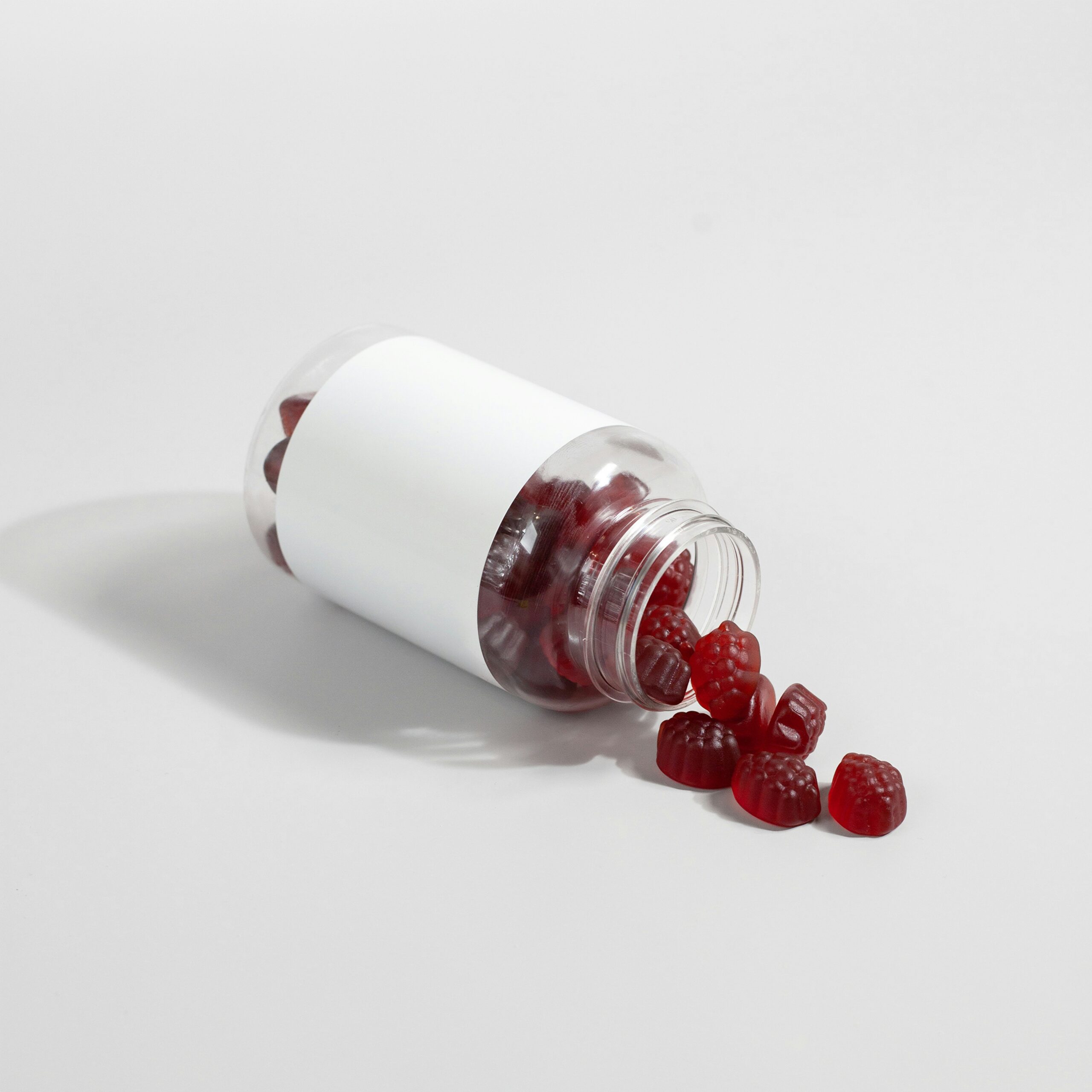
Why Collagen Production Declines
Although the body produces collagen on its own by using amino acids from protein-rich foods like meat, fish, and bone broth, production slows as we age. Starting around age 25, collagen synthesis begins to decline by about 1% per year. This process is accelerated by external factors like UV exposure, smoking, excess alcohol consumption, and poor diet.
A Sip (Or A Bite) Of Youth
Supplements have long been a go-to in the anti-aging world, and collagen is no exception. According to Mordor Intelligence, the global collagen supplements market is currently valued at USD $5.91 billion, and it’s expected to grow to $8.02 billion by 2030. This surge is driven not only by older consumers concerned about joint, bone, and skin health, but also by younger consumers looking to maintain skin, hair, and nail vitality.
Historically, collagen supplements have been criticized for relying on animal-derived sources, but newer innovations have led to more sustainable marine-based and plant-derived options.
It’s also important to note that collagen molecules are too large to be absorbed directly into the body. That’s why effective supplements contain hydrolyzed collagen peptides—broken-down forms that are easier for the body to absorb and use.







